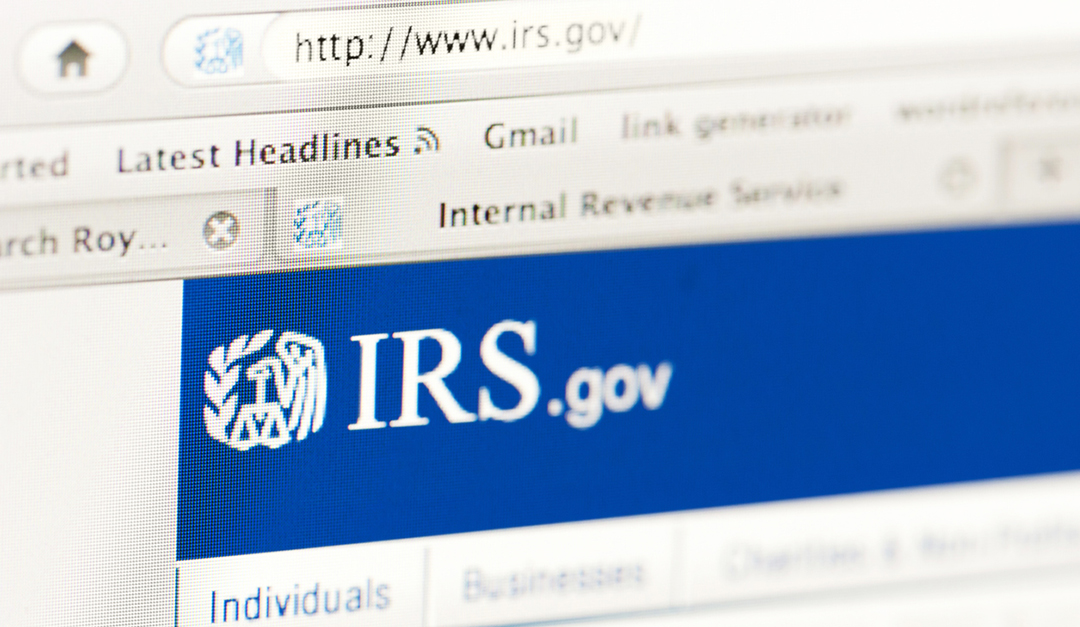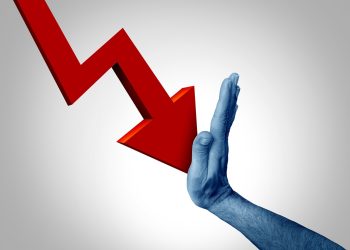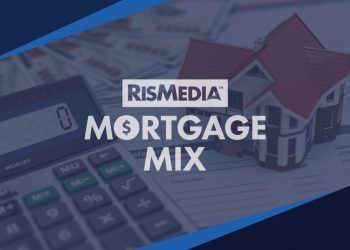(TNS)—Tax filers now want to keep COVID-19 in mind, as well as other potential threats. The Internal Revenue Service has its own special page dedicated to tax-related coronavirus updates.
For those with health savings accounts, the IRS said high-deductible plans can pay for 2019 novel coronavirus testing and treatment, and individuals with such plans would still be able to contribute to a health savings account, even if the plan picks up COVID-related costs.
The high deductible plans would not lose their status merely because they cover the cost of testing or treatment of COVID-19 before plan deductibles have been met.
The IRS also noted that any vaccination costs continue to count as preventive care and can be paid for by a high-deductible plan.
How will you pay your taxes?
Many people pay their taxes by writing a check, pulling out a credit card or even applying online for some payment plans offered through the IRS.
It’s wise to do some research about any new kind of third-party payment service. The Better Business Bureau has received some complaints about Doxo, what’s known as a bill payment aggregation site. Users tap into a centralized platform to pay all of their bills owed to a variety of public utilities, such as water departments, as well as companies.
“Not good value for the cost,” according to one complaint listed earlier this year on the BBB site.
“The fees are high and the website is cumbersome,” said another consumer on the BBB site.
Other consumers said the payments were too slow and it took too many days to get bills paid.
The doxoPLUS program charges $4.99 a month to enable bill payments from your bank account with no delivery fees, up to a total of $3,000 of payments per month.
Roger Parks, a spokesman for the Seattle-based Doxo, said many consumers are happy with the service but in some cases, people don’t pay enough attention to making sure that a payment date will work in their situation. He noted that information is given online for the payment process for specific bills as they are being paid and customers need to check boxes to make sure those dates will work.
He said about 3.5 million people have paid at least one bill using Doxo. The service can be used when a biller cannot handle mobile payments or credit cards. Consumers can pay their bills with 60,000 entities through their bank accounts without paying any extra delivery fees.
Are you dealing with a ghost tax preparer?
Ever imagine you could get “ghosted” by a tax preparer, much like someone who never responds to texts, phone calls or emails after a bad date?
Consumer watchdogs, including the BBB, are warning that unscrupulous characters can set up shop in a short-term rental location and may promise large refunds. It’s possible the big refund depends on illegal short cuts when filling out that return.
“In 2006, the IRS made efforts to increase oversight of tax preparers to combat unscrupulous activity in the industry and began to require all tax preparers to have a PTIN, or a Preparer Tax Identification Number,” according to a BBB warning, “but this system only works if tax preparers sign the returns they file. Some tax preparers that don’t want to follow the process simply don’t sign the returns!”
Instead, it’s made to look like the taxpayer actually prepared his or her own return—and, yes, if something goes wrong, the tax preparer is long gone.
One warning sign: The ghost preparer may want to print the paper return for the client and tell them to sign and mail it to the IRS. For electronically filed returns, they will prepare it but won’t digitally sign it as the paid preparer.
Sarah Kull, the special agent in charge for IRS Criminal Investigations Detroit Field Office, suggests you ask if the tax preparer’s office is open all year and how you’d get ahold of someone if there’s a problem down the line.
©2020 Detroit Free Press
Visit Detroit Free Press at www.freep.com
Distributed by Tribune Content Agency, LLC












Which online tax preparers does IRS or NAR suggest Realtors using?????